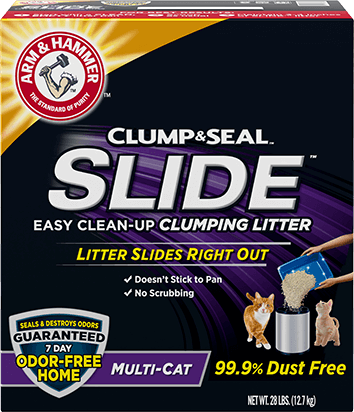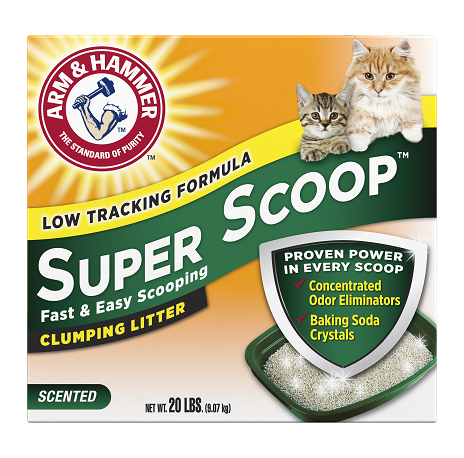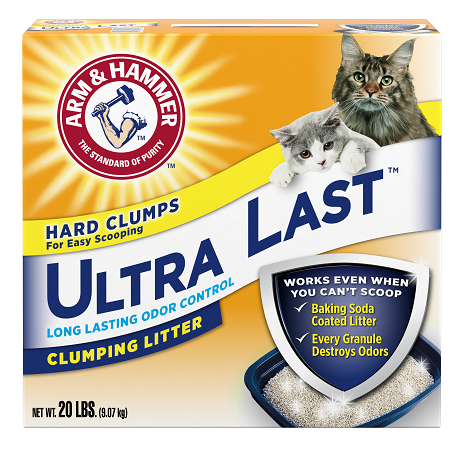9 Reasons Not to Let Your Cat Outside
If you have an indoor pet cat and are considering letting it outside, your veterinarian will likely advise against it. Here are some reasons why you might want to keep kitty indoors.
- The cat is declawed. Declawing is not generally recommended for any cat as it is painful and disrupts the cat’s balance and motion. But if your cat is declawed, outside is an absolute nope. It’s unsafe for a declawed cat to be outside as they don’t have their claws to help them grip or defend themselves.
- To keep from getting hit by a car. Contrary to popular belief, cats do not innately avoid vehicles and roads. According to some research, being hit by a car is the 4th leading cause of death for cats, after old age, cancer and renal failure. One study estimates that 5.4 million cats are killed each year on US roads. Although many of these deaths were on busy streets and highways, cats are also hit on country roads.
- To protect them from illness. When outside, your kitty can come in contact with feral cats (there are approximately 60 million in the United States) or other wild animals who have diseases such as feline leukemia, feline AIDS, feline distemper, FIP (feline peritonitis, an infection of the lining of the heart), rabies, or even a common upper respiratory infection.
- To protect them from other cats. Cats are territorial by nature and another cat may already consider your yard or surrounding area “theirs.” Cats that go outside can get into fights with other cats to protect their turf and can get injured, or even killed, as a result.
- To protect them from injury. There are plenty of dangers outside that can cause harm to kitty, from vehicles to wild animals, dogs, toxins and poisons, sharp objects, and, sadly, other humans who are sometimes cruel to cats. Cats can also get trapped inside neighboring sheds, garages, and other buildings.
- To protect them from parasites. Outdoor cats can get fleas, ticks, ear mites, intestinal worms, ringworm (a fungal infection) and other bugs that bring discomfort to their skin, organs, or digestive system.
- To protect other wildlife, especially songbirds. Cats are excellent hunters of small animals and have contributed to the extinction of several species of birds. Scientists estimate that free-ranging domestic cats kill between 1 and 4 billion birds and 6–22 billion mammals every year. Most of these are from feral cats that aren’t someone’s pet, but every outdoor cat contributes to these deaths.
- To help them live longer. Several studies show that indoor cats live up to 7 times as long as fully outdoor cats. Indoor cats live an average of 10-15 years while cats who spend their lives exclusively outdoors live just 2-5 years.
- You’re following your vet’s advice. Since the 1970s, the American Veterinary Medical Association has recommended keeping cats indoors or in outdoor confined spaces to reduce risk to the cat and surrounding wildlife.
How to Help Keep an Outside Cat Safer
You might decide to let your cat outdoors for a few reasons, especially if you live in a rural area on a lot of land. Or you might have a “community cat” or a barn cat that you love.
Not every cat is suited for a traditional adoption and can be kept as a house cat, so there are millions of semi-feral barn cats that you can adopt and have on a farm, at a warehouse or brewery, workshop or garden. These working cats are helpful in keeping down rodent and snake populations and are fun, if a bit aloof, companions.
Here are some ways to keep outdoor-only or indoor-outdoor cats safer:
- Let your cat outside in an enclosed space, such as a porch or catio. Kitty will get to feel the breeze, catch a bug, and loll in some grass or dirt, but won’t be able to roam. Learn how to build a catio space for your kitty to give them some of the best of both worlds.
- Let your cat outside on a leash. You’ll usually have to start leash or harness training a cat as a young kitten to get them to cooperate, but if you’re adopting a kitten and you want them to join you at the park or sunbathing in the hammock, start early to get them used to the leash. Always start harness training inside to help your cat get comfortable before introducing the outdoors.
- Provide a cat house or access to a shelter. Extreme temperatures and bad weather are hard on outdoor cats. You can purchase a cat house (with or without heat) or simply install a cat door to allow kitty to come and go as they please. Electronic cat doors that only open for your cat’s collar can help ensure other animals don’t also come inside.
- Bring them inside at night. Nighttime is more dangerous for outside cats, when they might turn from predator to prey. Call your cat or put food by the door to get them to come inside at night. They’ll get used to the routine and may greet you at the door ready to come in for pets and pillows.
- Get your cat(s) microchipped. Microchipping helps you locate your cat should they get separated from you. It’s also possible that a cat outside without a collar can get picked up by a well-meaning person and taken to an animal shelter. With a microchip, you’ll get notified that your cat is there and be reunited.
- Provide regular, predictable food and water. Cats are motivated by food and security. Be sure to keep clean water available and to feed outdoor cats daily, preferably at the same times each day. A food dispenser can help you with this!
- Treat outdoor cats with flea/tick control medication. Apply monthly or as your veterinarian recommends.
- Monitor outdoor cats for illness and injury. One way to monitor for illness is to set up a litter box, even in the garage or barn, for outdoor (even semi-feral) cats to use. You can notice issues such as worms or other intestinal difficulties by checking cat feces. Pay attention to whether a cat has issues with their eyes, is sneezing or coughing, or scratching their ears frequently.
- Get outdoor cats spayed or neutered. To help control the number of feral cats and those that are killed each year, get your cat altered. Neutered males will not roam as far or fight as much and spayed females will not attract feral males to your area. If you’re taking care of a semi-feral community cat, work with your local shelter’s Trap-Neuter-Release (TNR) program.
- Give them regular veterinary care. As a pet parent, you’re on top of this already, but keeping your outdoor cats’ vaccinations up-to-date and getting check-ups to monitor their overall health are even more important when cats go outside. For semi-feral community cats, work with your local shelter to trap a cat who shows signs of illness or distress and get them to the vet or clinic for assessment.

Cats that Go Outside and Litter Use
If you have an indoor-outdoor kitty, make sure they have access to a properly set up litter box for the time they spend inside. A cat that goes outside may use the litter box less frequently since they may pee and poop in the dirt when they’re out and about. That can translate to fewer litter box changes for you, but make sure you’re still monitoring their output and maintaining a clean environment for them when they do need to use it.
Other indoor-outdoor cats would rather use their inside litter box for privacy, safety, and predictability but also due to not wanting to pee or poop outside in bad weather. This is especially true if your kitty is getting older or doesn’t feel well. Always keep your indoor litter box clean and ready for use, even if your cats go outside.
Many cats who urinate and defecate outdoors prefer a type of litter that feels more like the sand or soft soils they like to use outside. Try one of these ARM & HAMMER™ litters that have small particles made of natural clay and other minerals.
- ARM & HAMMER™ AbsorbX™ Clump & Seal™ Lightweight Litter for lightning-fast wetness absorption, rock-hard clumps for superior scooping, and 7-day odor control, in a lighter weight litter that’s easier to carry and pour.
- ARM & HAMMER™ Clump & Seal™ Complete Odor-Sealing Clumping Cat Litter with ultra odor-blasters for a 7-day odor free home, guaranteed, even with multiple cats.
- ARM & HAMMER™ Slide™ Easy Clean-Up Clumping Litter with patented Clump & Seal™ technology to lock in wetness and odor and no scrubbing and scraping when cleaning the litter box this 100% dust-free litter is sure to please you and kitty.



